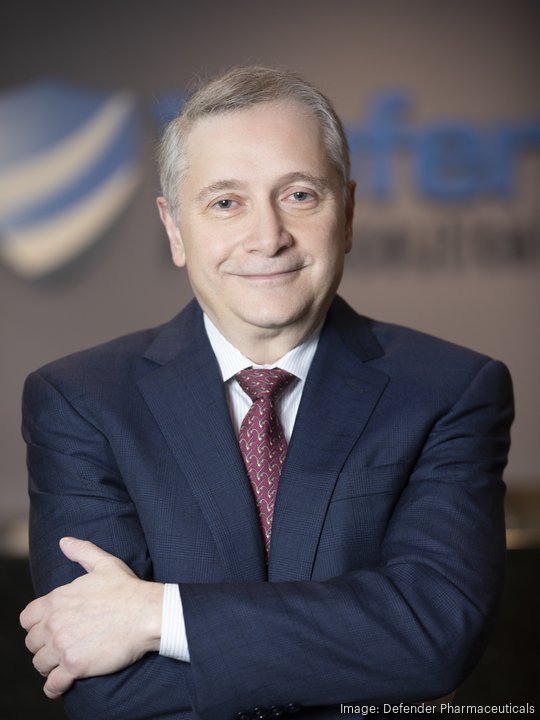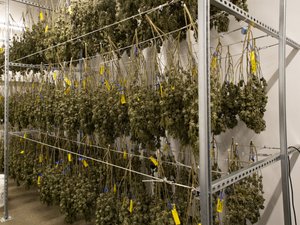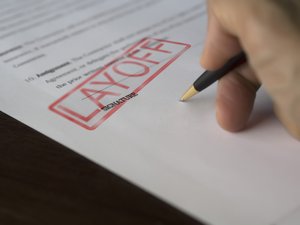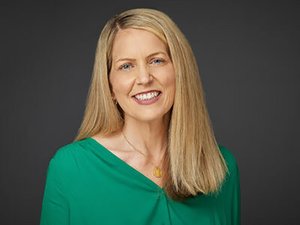
A Town and County-based life sciences firm that has raised $70 million from investors hopes soon to begin commercializing a drug candidate it has developed to prevent vomiting and nausea from motion sickness.
The firm, Defender Pharmaceuticals Inc., will seek approval from the U.S. Food and Drug Administration for its motion sickness drug candidate, which has involved working with the U.S. Navy and NASA to develop. The drug would be the first therapeutic brought to market by Defender, which is focusing on the development of drugs that can be used by the U.S. military and civilians.
Defender said it plans this quarter, possibly as soon as this month, to file a new drug application with the FDA for its motion sickness drug, DPI-386 Nasal Gel. The company said its application will have priority review from the FDA, at the request of the U.S. Navy. If its drug candidate is approved, the company said it plans to launch the product in the second quarter of 2024.
Defender, with its corporate headquarters at 12935 N. Outer 40 Road, has worked with the U.S. Navy, NASA and Department of Veterans Affairs on drug candidates that would be used by populations affiliated with those agencies. The company also believes its drugs have commercial opportunities, too.
“That’s still our primary mission, to provide medication for the warfighters as well as for NASA, with many commercial applications as well,” said President and CEO Barry Feinberg.
Feinberg, who has both medical and law degrees, joined Defender in 2017 and has a background as an anesthesiologist, having previously been chairman of the department of anesthesia at DePaul Health Center in Bridgeton. He previously was a board member of BioDelivery Sciences International, a Raleigh, North Carolina-based pharmaceutical company acquired in 2022 for $604 million.
Defender’s move comes after it announced in June it had “positive results” in a phase III clinical trial for the drug in preventing nausea and vomiting from motion. Feinberg said the clinical trial involved exposing participants to motion by taking them out on boats in the Pacific Ocean. Defender said the reduction in moderate-severe nausea in the clinical trial from its drug candidate was “demonstrated to be statistically superior” to the placebo.
The motion sickness drug being developed by Defender is one of several drugs it believes can be commercialized from its lead drug compound, scopolamine. It says it's a drug that has been used previously for motion sickness. Defender has focused on using the compound to develop intranasal drugs, which it says allows for therapeutics that are easy to use and provide “rapid onset of action.”
“We use intranasal because it’s a quick access point into the brain,” Feinberg said.
Defender is also pursuing drug candidates for major depressive disorder, chemical attacks, virtual reality sickness and traumatic brain injury. The company said it is working on using intranasal scopolamine as a treatment for various depressive disorders, with plans to begin phase II trials later this year on that drug candidate.
The company has recently been more public-facing. Feinberg said the company until recently had operated stealthily in a “low exposure mode,” with its cooperative research and development Agreement with the Navy and NASA and its ability to raise capital from family and friends, allowing it to focus its efforts on developing its motion sickness drug. Defender said it has raised approximately $70 million from investors through private offerings. It said it has recently launched a new private offering with a goal of raising about $15 million. It declined to name its investors.
In addition to being used by members of the military and NASA, Defender believes there’s a wide commercial market for its motion sickness drug. The drug could be used by people who experience occasional motion sickness in car rides, airplane trips or cruises, said Chief Commercial Officer Michael Schultz.
“That’s a big market for this drug,” he said.
Another segment of the market is those who have serious symptoms from motion sickness and previously have avoided activities like cruises or airplane rides, Feinberg said.
“What we’re doing is offering an alternative," Feinberg said. “There’s a large market that’s not coming in and getting prescriptions because they’ve opted out of that portion of their lives.”
Pricing for the drug, which would be accessed through a prescription, is still to be determined. Defender executives said they expect the drug to be offered at a price that makes it accessible for patients.
Defender has 23 employees, with nine located in St. Louis and 14 in San Diego, where it has a laboratory and manufacturing site.











